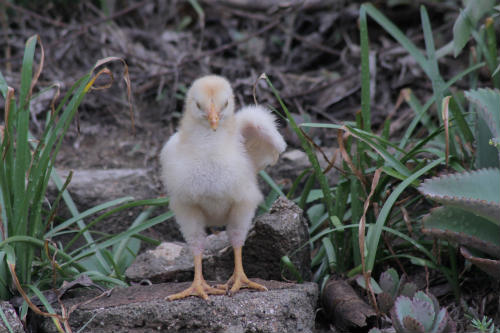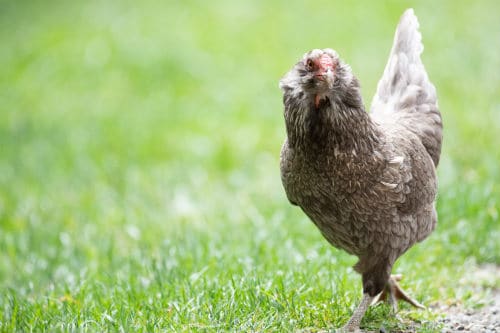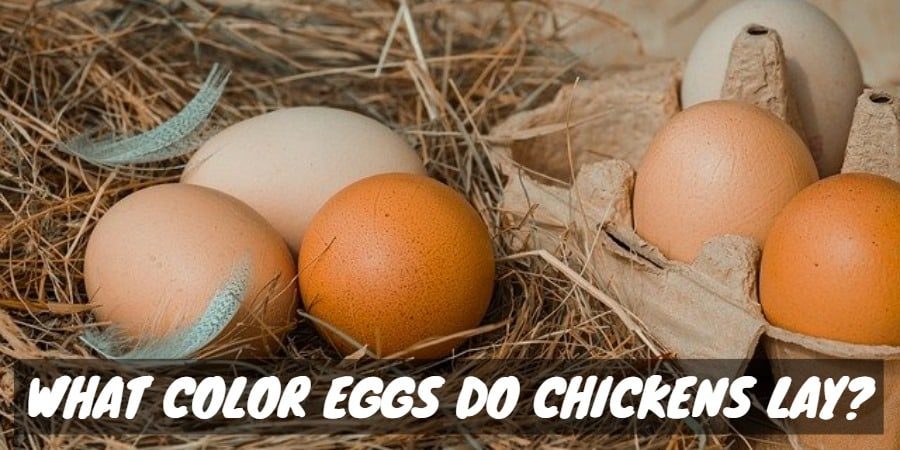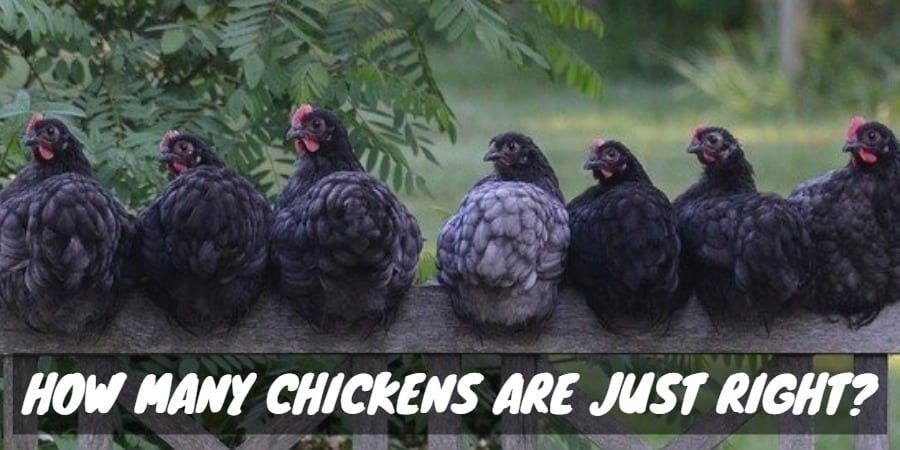Chickens have 39 pairs of chromosomes, or 78 chromosomes in total. These chromosomes house the genetic makeup of a chicken, and the composition of genes on these chromosomes determines everything from a chicken’s sex, size, coloration and more.
Every living thing has chromosomes, and the number of chromosomes varies from one species to the next. You might be surprised to learn that chickens have more chromosomes than humans. Humans have 46 total chromosomes or two sets of 23. This is because the complexity of an organism is not determined by the number of chromosomes it has. Complexity is determined instead by the content of each strand of DNA.

It’s believed that some DNA may actually be blank or “junk” DNA that serves no purpose. It may be an evolutionary leftover or exist for some other reason that has not yet been found by scientists. What is known is that the number of chromosomes in a particular species is less important than the details of the genetics encoded in them.
How Do Chromosomes in Chickens Work?
[amazon bestseller=”chicken feed”]
Whether you’re looking at a chicken, a human or a microorganism, all living things have DNA. And chicken’s DNA is organized with protein into long coiled chains called chromosomes. Each chromosome contains multiple genes and nucleotide sequences that affect the way a body is put together.
In chickens that reproduce sexually, each parent will contribute one half of the genetic information. This means that a chicken egg would contain 39 chromosomes; sperm from the rooster would contribute the other 39 chromosomes for a total of 78 in the developing chick.
Different genes controlling different traits exist on specific parts of certain genes. Thanks to genetic mapping, scientists know the location and purpose of all of a chicken’s genes.

What Genes Determine a Chicken’s Sex?
In humans, the X and Y chromosomes determine biological sex. In birds, including chickens, it’s the Z and W chromosome that determines sex. A chick born with ZZ chromosomes will be male; ZW chromosomes will be female. All chickens will have Z chromosomes, but only female chickens will have W chromosomes.
This is important because the Z chromosome is longer than the W chromosome and contains more information. This means that female chickens have only one copy of many genes because they exist only on the Z chromosome. When breeding chickens, understanding which traits will pass to which offspring is important, and having a basic understanding of sex-linked traits and chromosomal differences can help with that.




